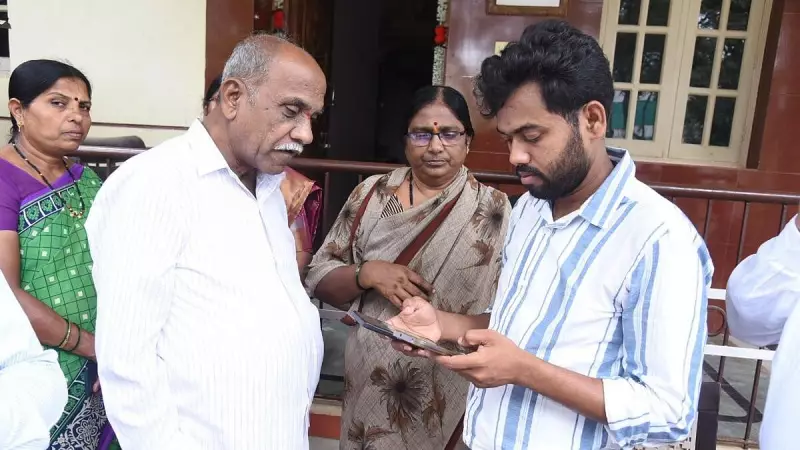
A prominent citizens' collective in Karnataka has launched a strong critique against what they term as 'irrational' resistance to the caste census, asserting that such opposition fundamentally works against the welfare of marginalized communities.
The Core Argument for Caste Data
The Karnataka Janadhikara Samanvaya Samiti, representing various civil society organizations, maintains that comprehensive caste data is not merely statistical information but a crucial tool for social justice. They argue that without accurate demographic representation, welfare schemes and development programs cannot effectively reach those who need them most.
Why Opposition Harms the Marginalized
The collective identifies several key reasons why opposing the caste census undermines social equity:
- Prevents accurate assessment of social and economic backwardness
- Hinders targeted allocation of resources and benefits
- Perpetuates existing inequalities in development programs
- Denies constitutional commitment to social justice
- Obscures the real picture of caste-based disparities
The Larger Social Justice Context
The debate around caste census in Karnataka reflects broader national conversations about social equity and representation. The citizens' group emphasizes that understanding caste demographics is essential for creating inclusive policies that address historical disadvantages and ensure equitable development across all sections of society.
They contend that transparent caste data would enable policymakers to design more effective affirmative action programs and ensure that welfare measures actually benefit the intended recipients rather than being diluted or misdirected due to inadequate information.
The Way Forward
The collective calls for a rational, evidence-based approach to the caste census discussion, urging stakeholders to prioritize the constitutional mandate of social justice over political considerations. They emphasize that in a diverse democracy like India, accurate demographic data serves as the foundation for truly inclusive governance and development.





